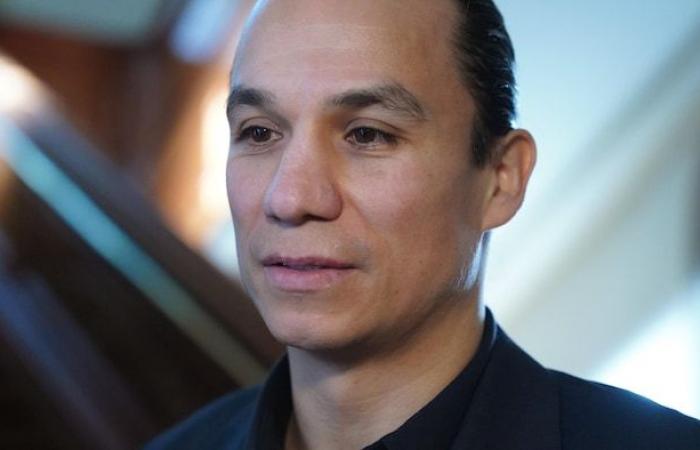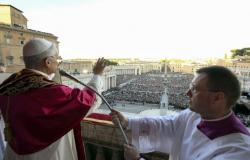A delegation from the First Nations of Quebec and Labrador will go to the UN Headquarters in New York on April 21 to recall the importance of respecting the United Nations Declaration on the rights of Aboriginal Peoples (DNUDPA).
The event which brings together fifteen chiefs, including Gilbert Dominique de Mashteuiatsh, will address several major issues, including the recognition of indigenous rights, the project to burial nuclear waste in Chalk River, as well as the proposed reform of the forest regime and its consequences in terms of territorial dispossession.
Climate change and reconciliation will also be addressed themes. First nations believe that these questions are sometimes relegated to the background
.
Heads of several Innu Communities on the Côte-Nord will also make the trip as well as the Chief Assembly of First Nations Quebec-Labrador (APNQL), Francis Verreault-Paul, elected last February.
Open in full screen
The Chief Assembly of First Nations Quebec-Labrador, Francis Verreault-Paul.
-Photo : Radio-Canada / Sylvain Roy Roussel
Francis Verreault-Paul also believes that a lot of work remains to be done in Quebec in connection with the United Nations Declaration on the Rights of Aboriginal Peoples.
At the Canadian level, there has still been an important step by adopting a bill which refers to the DNUDPA and an action plan which wants to make it the implementation, but in Quebec, we are still very far behind and we want to recall the importance of the Floor
explained the chief of theAPNQL In an interview with Radio-Canada.
He also hopes that the presence of First Nations in New York will resonate to the office of the Quebec Minister responsible for relations with First Nations and Inuit, Ian Lafrenière.
A presentation concerning the overhaul of the forest regime is also planned. Francis Verreault-Note notes that the community the Anishnabe nation of Lake Simon will undergo important counterpouss of these modifications, enough to concern several indigenous communities.
This is the largest participation of First Nations elected officials for over 20 years in the permanent United Nations on Aboriginal issues.








